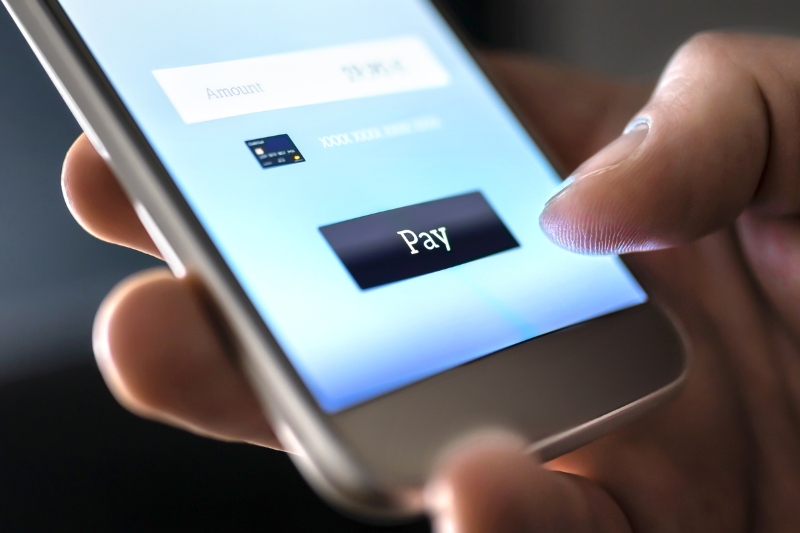According to a report by JP Morgan, the regulatory environment in the Philippines will help increase the country’s growth in digital banking and payments. JP Morgan projects that the potential market value for digital payments in the ASEAN-6 markets (Philippines, Indonesia, Thailand, Singapore, Malaysia, and Vietnam) is USD 1.5 trillion. Singapore and the Philippines are considered advanced in terms of the regulatory framework for digital banks, which may present challenges for traditional banks.
In November 2020, the Bangko Sentral ng Pilipinas (BSP) approved a regulatory framework that allowed the creation and licensing of digital banks. The regulation recognizes digital banks as a new category that is separate and distinct from the existing bank classifications, which currently include universal, commercial, thrift, rural, cooperative, and Islamic banks. The regulation aims to increase market efficiencies and extend financial services to consumers who are increasingly conducting transactions virtually. It also allows the local brick and mortar lenders to convert to digital banks.
In the same month, the BSP received its first application for a digital license. It did not reveal the name but indicated that it is a partnership between a local and foreign player. At present, companies that would like to apply for a digital license in the Philippines need to put up a minimum capital of PHP 1 billion (USD 20.6 million). Currently, only CIMB Bank Philippines, Inc. and ING Bank N.V. Manila offer purely online banking services, and they feature higher interest rates than traditional banks.
Based on the latest data, only 29% of Filipinos have a formal bank account. By 2023, the BSP is targeting 70% of the population to have bank accounts, and 50% of payments by volume and value to be made digitally by 2023.
(Sources: Business World; Bangko Sentral ng Pilipinas; Philippine Daily Inquirer)
PHL Regulation Favorable for Digital Payments Growth

